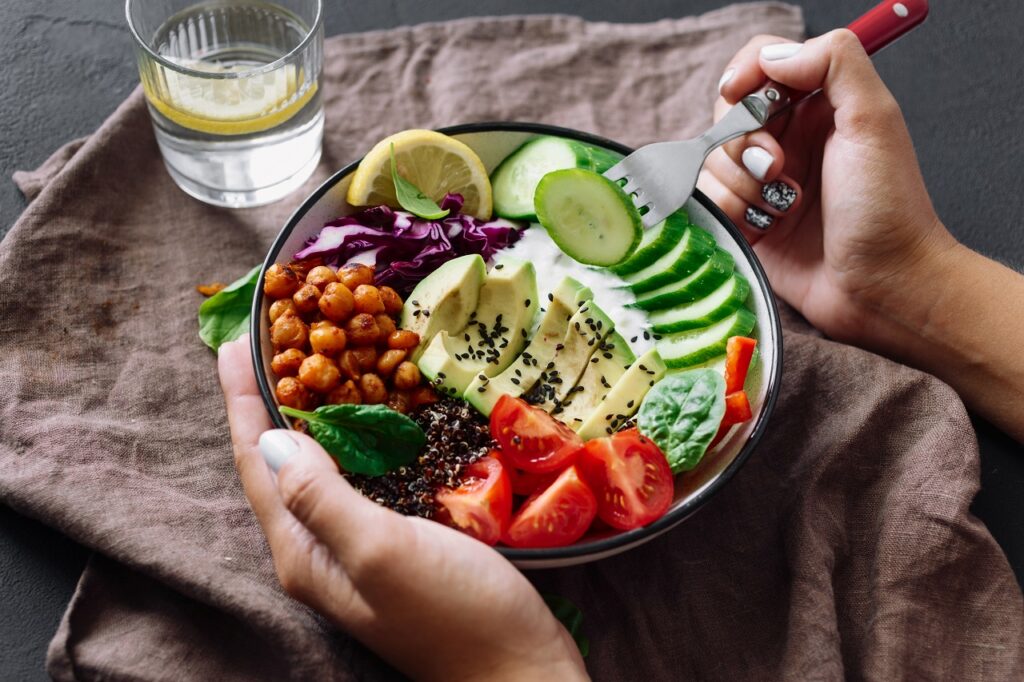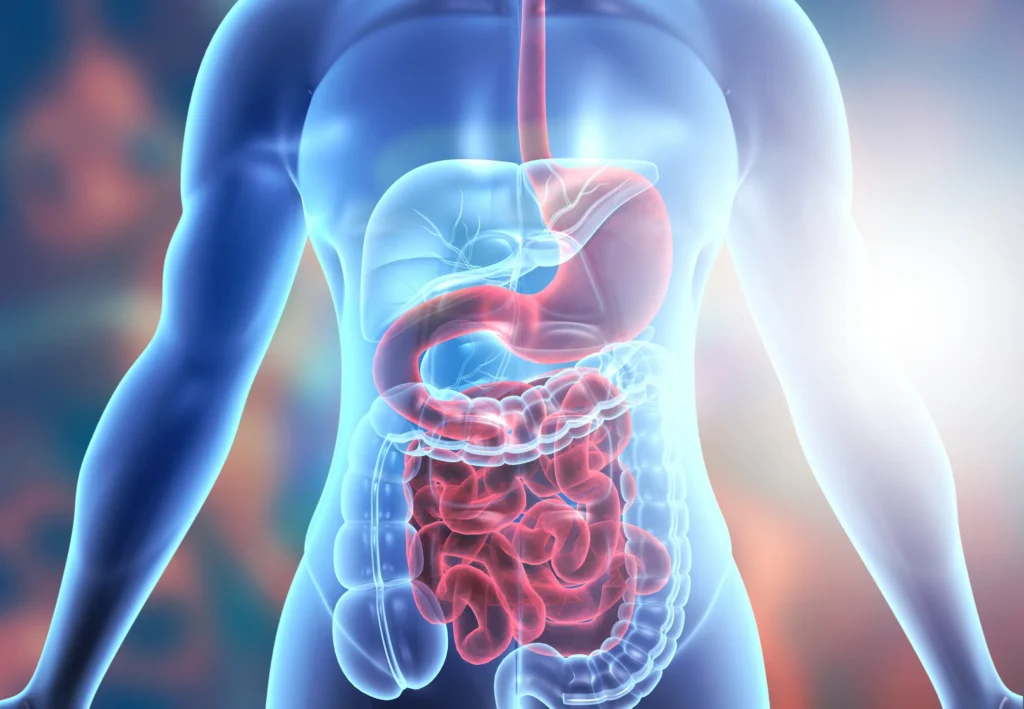
Bloating. Gassiness. The annoying unpredictability of your gut right when you need it to behave. Most of us brush these off, another too-fast lunch, a weird snack, “probably just stress.” But if you’re quietly dealing with gut issues more often than not, something deeper might be going on.
We’re living in a time of constant stimulation, hybrid meals, and extreme scheduling. Digestion isn’t immune. In fact, it’s one of the first systems to flag when things feel out of rhythm.
Below, we break down the overlooked habits, foods, and lifestyle quirks that are subtly sabotaging your gut, and what you can do to reset the balance without needing a total overhaul.
Your Morning Routine Might Be Working Against You
It starts with the coffee, of course. Then you scroll. Then maybe eat, maybe not. But that seemingly harmless routine of sipping caffeine on an empty stomach, hunched over your phone, and rushing out the door? It’s enough to throw off your digestive rhythm before 9 a.m.
Caffeine triggers gastric acid production, which helps digestion, but if there’s no food in your system, it irritates your stomach lining. Add scrolling-induced tension (tight shoulders, clenched jaw, shallow breathing), and your gut tightens with you. Over time, this leads to sluggish motility and unexpected bloating later in the day.
What helps:
- Eat something small before your coffee, a banana, almond butter on toast.
- Try waiting 20–30 minutes after waking before checking your phone.
- Sit upright while you sip and take a few deep breaths to activate your parasympathetic nervous system (your “rest and digest” mode).

Modern “Healthy” Foods That Backfire
You know the ones, protein bars, gluten-free crackers, keto-friendly snacks. They look virtuous, promise energy, and seem gut-safe. But many of these products are packed with sugar alcohols (like sorbitol or erythritol), artificial fibers (like inulin), and binding agents that confuse the gut.
Even whole foods like cauliflower rice or raw kale salads, while nutritious, can lead to fermentation in the gut, especially for those with sensitive microbiomes.
This is where targeted solutions can play a role. If you’re trying to support digestive regularity without cutting everything out of your diet, consider incorporating ingredients like soluble fiber and prebiotics in a more manageable form. For example, supplements that combine well-tolerated herbs and nutrients designed to gently encourage healthy motility without forcing dramatic change.
Gut tip:
Watch out for foods labeled “low sugar” or “high fiber” if you’re bloated often. Keep a note of how you feel two hours after eating, and don’t assume healthy equals harmless.

The Gut-Travel Disconnect (And Why Jet Lag Isn’t Just About Sleep)
Your digestive system is deeply tied to your circadian rhythm, the internal clock that regulates not just your sleep but also when your body expects food, energy spikes, and rest. Disrupt that cycle with a red-eye flight, and your gut can feel completely off for days.
Even non-flight travel matters. Long road trips with little movement, airport food with preservatives, or just skipping meals on vacation can all create the perfect storm for bloating and irregularity.
Travel gut resets:
- Walk as much as possible during layovers or road stops.
- Hydrate before, during, and after flights with electrolyte-enhanced water.
- Try to eat meals close to your home time zone for the first 24 hours post-arrival.
Posture, Screens, and the Forgotten Physical Side of Digestion
Believe it or not, how you sit plays a role in how you digest. Slouching over a laptop compresses your intestines. Eating lunch hunched at your desk (especially while distracted by screens) can lead to shallow breathing, tension, and slower digestion.
Even scrolling late at night suppresses melatonin, which in turn messes with your gut repair cycle while you sleep. Remember: your gut has its own circadian rhythm. Disrupt it, and you’ll feel it.
Tiny tweaks that make a difference:
- Sit with your back straight and feet grounded during meals.
- Eat screen-free for at least one meal a day to fully engage your senses.
- Try blue light blockers in the evening if you can’t avoid screens.

Gut Clarity Comes from Awareness, Not Restriction
Bloating and irregularity aren’t always the result of “bad” choices, they’re signals. Your body’s way of nudging you toward a different rhythm, more presence, better flow. You don’t have to adopt a perfect diet or live like a wellness guru. Often, reintroducing predictability, calm, and care is what finally allows the gut to settle.
Pay attention to how your gut reacts to small shifts. Give it consistency before you overhaul. And remember that supporting digestion isn’t about eliminating, it’s about aligning with what your body has been trying to tell you all along.








